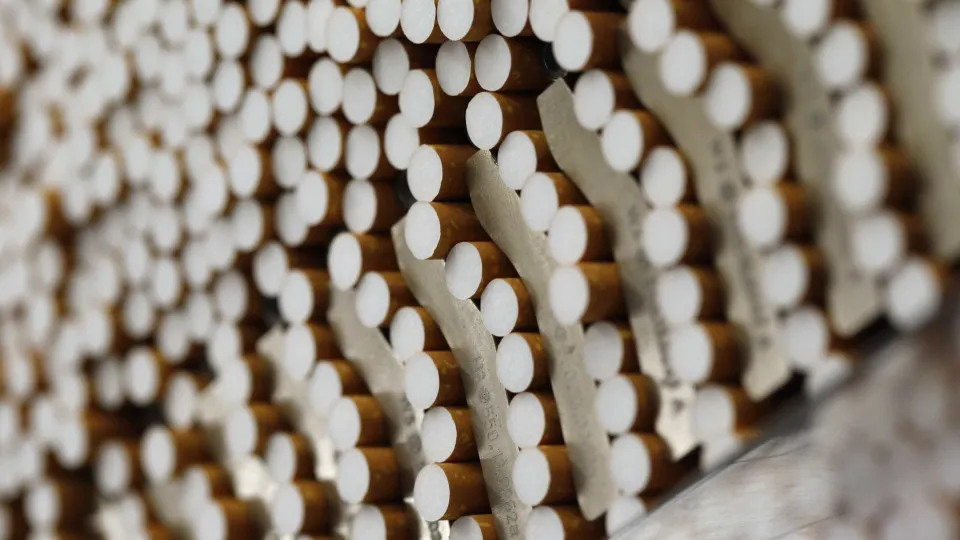
Recommendations are under discussion for the 11th Conference of the Parties (COP11) of the World Health Organization’s Framework Convention for Tobacco Control (FCTC), set to take place from November 17 to 22 in Geneva, Switzerland. These recommendations include the prohibition of tobacco sales for profit at gas stations, newsstands, and convenience stores, as well as a ban on filters.
In a statement, the National Union of Industry and Energy (Sindel) and the Union of Workers in Agriculture and the Food, Beverage, and Tobacco Industries of Portugal (Sintab) argue that these measures “present a direct threat to thousands of jobs in Portugal and the entire value chain linked to the sector.” They call on the government to “publicly take a position.”
“We are talking about measures that, if applied, could eliminate jobs affecting thousands of families and jeopardize the future of one of the country’s largest exporting industries,” warn the unions.
While acknowledging the “importance of public health,” the unions contend that “employment and family livelihoods cannot be sacrificed.”
“What the WHO is proposing – and the European Commission is following – is incomprehensible. They want to ban profits in a legal sector that pays taxes, complies with regulations, and guarantees thousands of jobs. This is a direct attack on workers and the Portuguese economy,” they argue.
Thus, Sindel and Sintab demand the Portuguese government “urgently and publicly defend national interests at COP11” and “not accept blind and ideological measures that could destroy a sector fulfilling its obligations and continuously investing in innovation and risk reduction.”
The unions also appeal to Tabaqueira, a national tobacco producer based in Albarraque, employing 1,500 workers directly and more than 3,000 indirectly, to “involve workers’ representatives in this debate and ensure the defense of jobs and production in Portugal.”
“Portugal cannot be penalized by international policies that ignore the economic and social reality of producer countries. The future of the industry – and thousands of families – cannot be decided in distant offices without listening to those who work every day,” they emphasize.
According to the union structures, the WHO’s proposed measures threaten the entire tobacco sector value chain, “from industrial workers producing the products, to transporters and distributors ensuring logistics, small retailers and retail companies relying on legal tobacco sales, and associated services such as cleaning, security, and maintenance.”
The WHO’s Framework Convention for Tobacco Control (FCTC) is an international treaty, of which Portugal and the European Union are parties, aimed at protecting current and future generations from the consequences of tobacco. The Conference of the Parties of the FCTC (COP) is the body that brings together signatory countries to discuss and approve global measures for the control of tobacco and nicotine products.
Though these measures are not binding, they serve as guidelines for COP member states.
Recently, Tabaqueira and the Micaelense Tobacco Factory have also warned that the measures advocated by the WHO could threaten the sustainability of “thousands of small companies” in the tobacco value chain and encourage “illicit trade.”
Associations representing the distribution, fuel supply, and hospitality/catering sectors have expressed “concern,” cautioning about the impact of these measures on the economy and the promotion of illegal markets.




